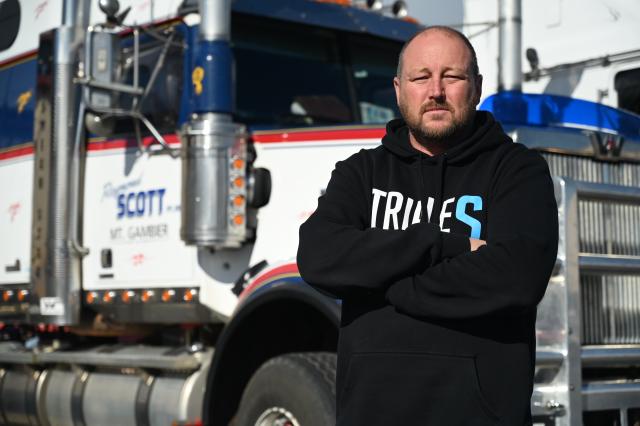
Tyler Redway
WITH fluctuating fuel prices in the region, fuel expert and RAA senior manager of mobility and automotive policy Mark Borlace said the price variance was a sign of competition among oil companies due to the ongoing conflict in Ukraine.
Mr Borlace said the fuel prices would be much higher had it not been for the halving of fuel excises imposed for a six month period by the previous Liberal Government.
The fuel excise is a tax put on oil companies by the Federal Government which is additionally carried onto fuel prices.
The cut has brought the excise from its original rate of 44.2 cents per litre to 22.1.
“The effect of halving the fuel excise flowed through in the first couple of weeks when it was released,” Mr Borlace said.
“If we didn’t have this, fuel prices would be 23 cents dearer than what they are on average.”
Mr Borlace said when the excise cut finishes at the end of September this year, the result would put pressure on any company which had fuel as one of its main expenses.
He added at the time of the cut’s announcement, the RAA thought there would be a better way to spread relief in the community.
“One of the ways was not to half excise but to keep it and retarget some of the money, which was $3b over six months, back into the parts of the economy which were really hurting,” he said.
“This includes trucking companies taking groceries out to regions where the cost of fuel flows into the price of groceries.”
Mr Borlace said anything involved in primary industries, such as fishing boats and crop harvesters, do not pay the excise.
He also added when the conflict between Russia and Ukraine settles, it would be easier to have oil security.
Ray Scott Group managing director Ashley Scott said although Mount Gambier has been one of the cheapest places to fuel up at $2 per litre for diesel, it still costs $1000 or more to fill a truck.
“Not too far back, we were getting close back down to $1.20 a litre plus a fuel rebate so we were only looking at $1 a litre to fuel the truck up,” Mr Scott said.
“Our fuel prices have certainly doubled in the last 12 months.”
Mr Scott added that at the time the fuel excise was halved, the 18c/litre rebate that the transport industry received was removed, meaning the industry paid the equivalent for fuel as other road users.
This means transport industry operators either needed to absorb the cost or increase the fuel levy on contracts which would drive up prices for consumer products delivered.
“At the end of the day with most transport businesses, it would be silly not to have a fuel levy in place with the fluctuating fuel,” he said.
“It’s a never ending cycle of doom at the moment for pricing.”
Mr Scott said a lot of trucking industry operators were quitting the industry due to the high costs.
“It will definitely make us consider for the future how we do things,” he said.
“We will probably have to be a little bit more serious with how we do things and the equipment we use.”







